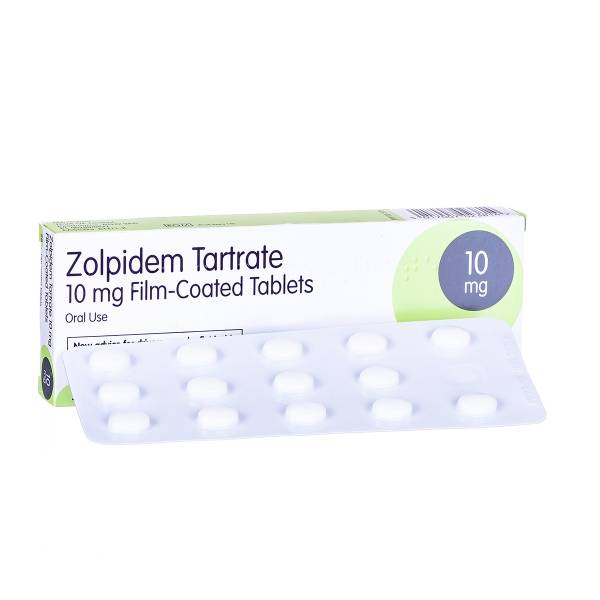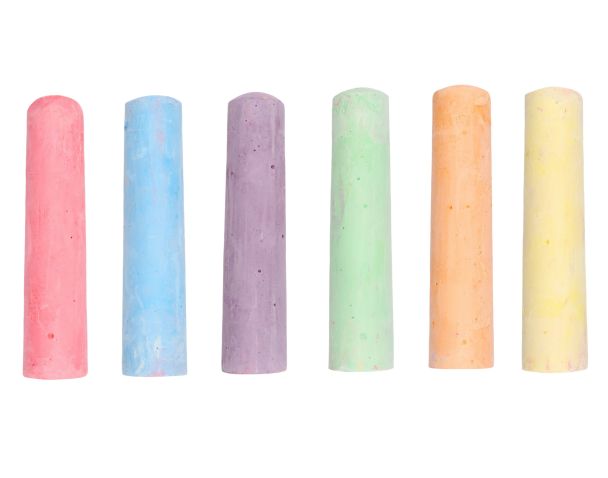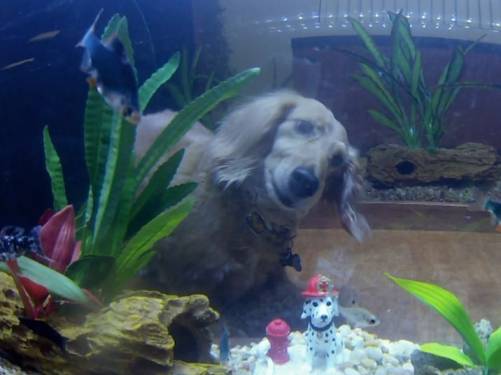Has your dog eaten paper? Then you’ve come to the right place! First, know this is a common occurrence. With paper products around us everywhere, it’s quite easy for a dog to get a hold of some paper and eat it.
Connect with a verified veterinarian in minutes. Licensed vets are available 24/7 to answer your questions. No need to worry about your furry family member.
Why Do Dogs Eat Paper?
Dogs may accidentally ingest paper if there’s a tasty tidbit wrapped in it. For instance, if you just microwaved some bacon on paper towels, your fur baby may try to grab the paper out of the trash because it smells like bacon! Yum!
Medical conditions can also be at the root of dogs eating paper. These can include nutritional deficiencies, hunger, endocrine disorders and even diabetes.
Another cause of dogs eating strange things is a behavioral issue known as pica. Dogs with this condition are somehow driven to eat objects that are not food. This can include metal, plastic and even paper. This condition is usually caused by a psychological issue, such as boredom, stress, anxiety, etc.
Regardless of the cause, let’s take a look at what to do if your dog eats paper.
My Dog Ate Paper – What to Do
If your dog’s eaten only a little bit of paper, chances are that it will mostly likely just pass through your dog’s digestive system. Be sure to check your fur baby’s pooh to see if the paper comes out. You should also watch for signs of intestinal blockage, especially if he’s eaten a large amount of paper. Watch for these signs & symptoms:
- Constipation
- Vomiting
- Nausea
- Lethargy
- Blood in the stool
- Lack of appetite
- Abdominal pain or swelling
Call the vet right away if you notice your dog has any of these signs & symptoms, because an intestinal blockage can be life threatening.
If your fur baby has eaten a diaper, feminine products, etc. these can be more dangerous than just regular paper. These are made of highly absorbent materials, which soak up water. They could lead to a blocked intestine, too.

Review symptoms, medications & behavior to keep your pets healthy with a Vet Online in just minutes.
Ask a Vet Live NowDiagnosis of Intestinal Blockage in Dogs
Do not induce vomiting unless this is recommended by your veterinarian. Depending on your dog’s symptoms, the vet may ask you to bring him to their office.
The vet will give your fur baby a physical examination. They may also run blood work and do X-rays or other imaging to determine where the blockage is located in your dog’s system. The information from these tests will help your vet determine the best way to treat your dog’s condition.
Treatment of Intestinal Blockage in Dogs
Your vet may either use a non-surgical method to treat your fur baby, or they may need to perform surgery. It depends on the location, the size & shape of the paper, etc.
In some cases, the vet may be able to remove the blockage with an endoscopic procedure. However, if this is not possible, they will need to surgically remove the blockage. They will also repair any damage the blockage has caused.
Recovery After an Intestinal Blockage
Your fur baby may need to remain hospitalized for a day or two after his surgery. This allows the vet to monitor your dog’s condition and ensure your fur baby is recovering as he should. Once your vet determines your fur baby’s condition is stable, you’ll be able to take your dog home.
The vet will provide you with instructions on how to take care of your dog after surgery. Be sure to follow his instructions and give your dog the recommended medications as directed.
After his surgery, your dog will need to take it easy for a time, keeping activity to a minimum at first. The first week home, it’s usually OK to take your dog on short walks. You’ll also need to ensure that his stitches don’t tear, and it’s necessary to keep him from chewing the incision.
If you have any concerns or your fur baby’s showing any worrying symptoms, then be sure to call the vet right away. Let them know what you believe your dog ate and how much, as this information will guide the vet on treatment options and whether or not your fur baby needs to see the vet.
We’d like to wish you and your fur baby well and hope that everything ends up OK if he’s eaten some paper.
Connect with a verified veterinarian in minutes. Licensed vets are available 24/7 to answer your questions. No need to worry about your furry family member.

Julie
Julie is a graduate of the University of North Carolina, Wilmington, where she studied Animal science. Though contrary to the opinion of her parents she was meant to study pharmacy, but she was in love with animals especially cats. Julie currently works in an animal research institute (NGO) in California and loves spending quality time with her little cat. She has the passion for making research about animals, how they survive, their way of life among others and publishes it. Julie is also happily married with two kids.
Review symptoms, medications & behavior to keep your pets healthy with a Vet Online in just minutes.
Ask a Vet Live Now




